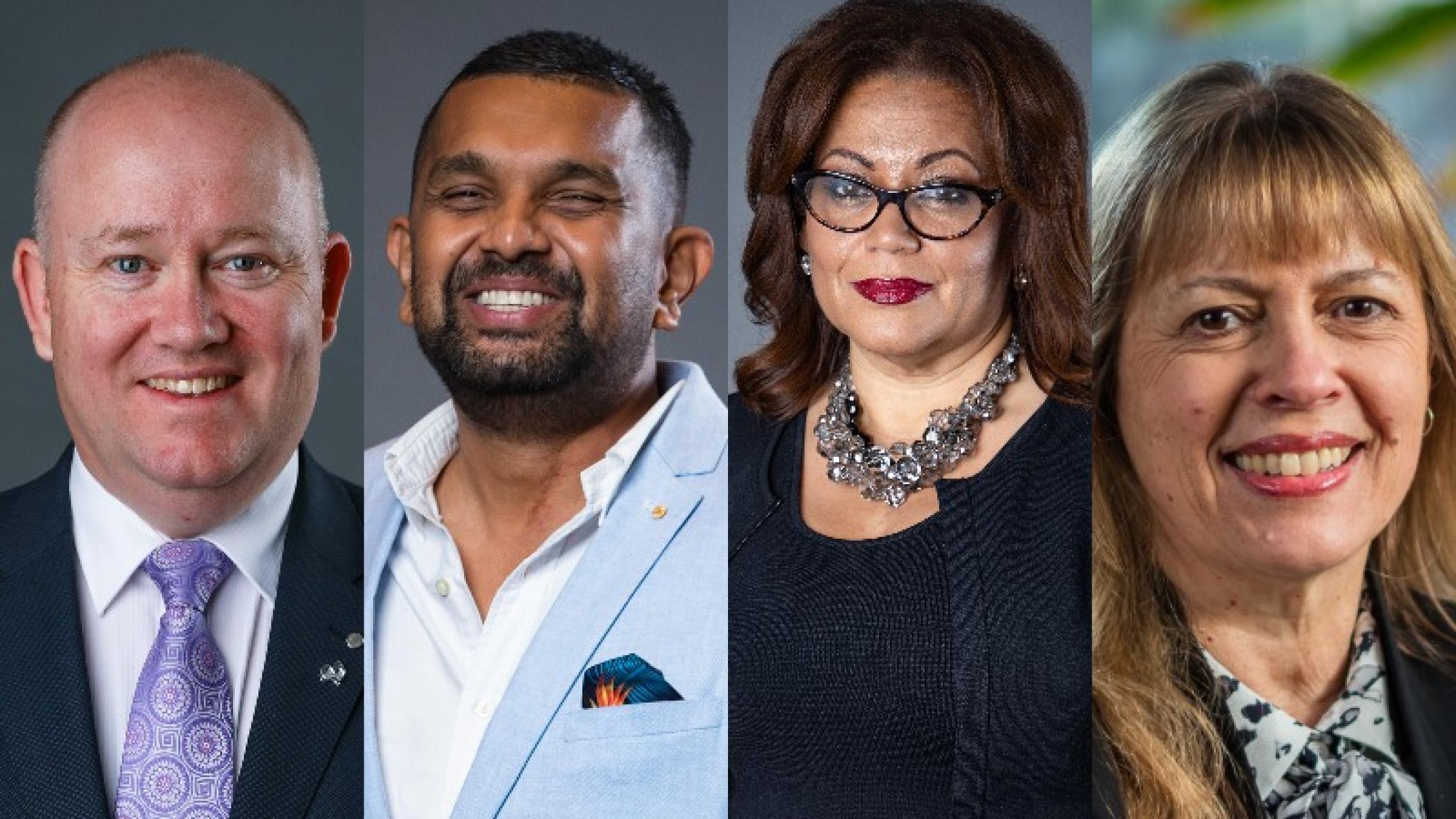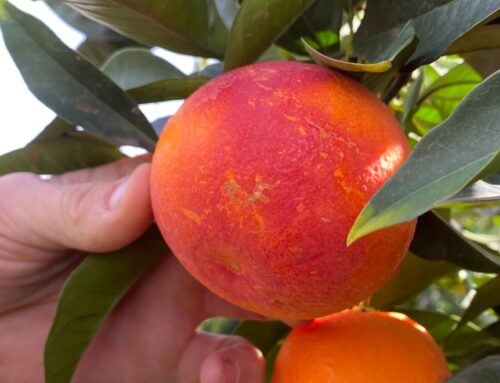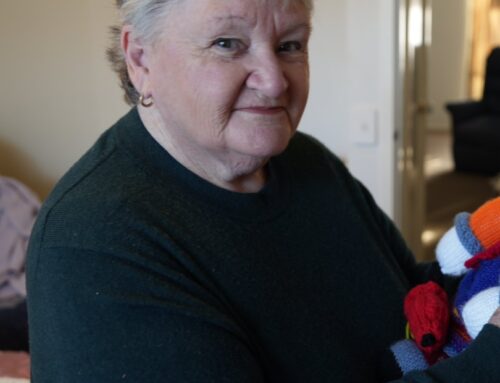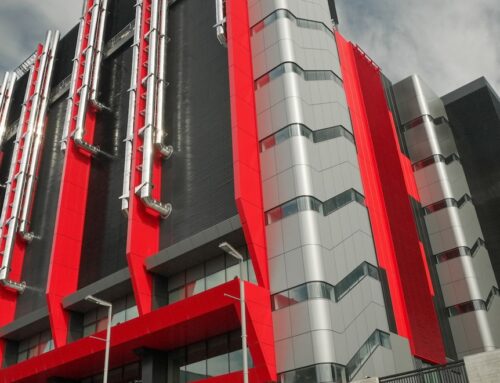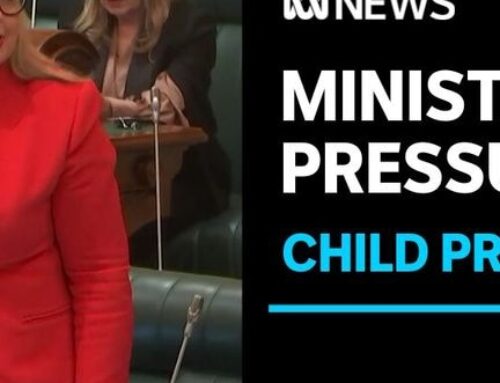In a year when the nation was tested by devastating bushfires, a global pandemic and economic hardship, Australians rose to these unprecedented challenges with determination and resilience.
Whether it was during a bushfire emergency, at the forefront of a national coronavirus response or from a remote region, the 2021 Australian of the Year Award finalists strove to better the lives of their countrymen and women.
They gave a voice to the survivors of sexual assault, improved the health outcomes for vulnerable and First Nation’s people, broke new ground for people with a disability and brought greater inclusivity to a national sporting body.
Making the tough calls
As the public face of the Australian Government’s COVID-19 response, the ACT’s Professor Brendan Murphy has been at the forefront of the national fight against the greatest threat to Australia since World War II.
The former chief medical officer’s advice has received global praise, including on the decision to close Australia’s international borders early in the outbreak, and to implement physical distancing measures.
But the difficult consequences of these choices have also weighed heavily on him.
Since leaving the role in June to become the head of the Department of Health, Professor Murphy has continued to pursue his passion for alleviating suffering and providing honest reassurance.
He credits the Australian public’s willingness to listen to government advice as the “ultimate” factor for a successful response.
“That trust in advice and authority has shown to work,” he said.
“Working with the Australian people, we’ve saved many lives.
“There’s more to do but we’re well-placed to get to the other side of the pandemic.”
Leading in a crisis
During last summer’s devastating bushfires, millions of Australians looked to then NSW Rural Fire Service commissioner Shane Fitzsimmons for leadership and guidance.
He faced one of the most damaging fire seasons in recent memory with a 74,000-strong crew of mostly volunteers.
Throughout the disaster that claimed 26 lives, razed 2,448 homes and 5.5 million hectares, Mr Fitzsimmons informed the public with daily press conferences, liaised with government leaders, and comforted colleagues and the family of firefighters who lost their lives.
“When I look back on the year, I look back on this nomination with mixed emotions … it came at the expense of so many and so much,” he said.
Being part of a team that persevered despite the direst circumstances remains a great honour for Mr Fitzsimmons.
He joined the NSW RFS in 1985, in the footsteps of his father George, a firefighter who was killed on duty in 2000.
In 2007, he became the organisation’s commissioner — a role he held for 12 years.
In April, he was appointed leader of the new disaster management and recovery agency, Resilience NSW.
Despite a year of unprecedented challenges, Mr Fitzsimmons said he feels optimistic about the ability of Australians to bounce back in 2021.
“When we see how we rally together and how strong we are as a nation when we choose to be, it is quite remarkable,” he said.
Fighting for a voice with #LetHerSpeak
Grace Tame helped change Tasmanian law to give sexual assault survivors a voice.
At 15-years-old, she was groomed and assaulted by her maths teacher but was unable to share her story, due to the state’s laws that barred survivors from speaking out.
A decade later, her work with the #LetHerSpeak campaign led to a fight in the Supreme Court that resulted in Tasmania’s Government amending the law in March.
“Sexual violence destroys individuals and communities,” she said.
The inspiration for her work goes beyond the legal system to the need for broader social and cultural reform.
“So much of what abuse actually entails is still shrouded in ignorance,” she said.
She has offered her insights on child grooming to the Los Angeles Human Trafficking Squad and continues to work with other survivors.
By telling her story, she wanted to break the silence around sexual assault that allows predators to thrive.
“It’s all about encouraging people to lean into love and light … that we are all in it together,” she said.
Making change on and off the sports field
As a young woman passionate about social justice, Tanya Hosch said the best advice given to her about achieving change was to “turn up”.
The South Australian has been credited with leading “visionary” change inside one of the nation’s largest sporting bodies, as the first Indigenous person, and second woman, on the AFL’s executive leadership team.
She championed the first statue of an Indigenous player, Nicky Winmar, and instigated a review of anti-vilification policy within the sporting code.
Ms Hosch also helped to secure an apology from the AFL for 2014 Australian of the Year and former Sydney Swans player Adam Goodes, following the racial vilification he endured throughout the final years of his football career.
She has also held leadership roles in sport, the arts, culture, social justice and public policy.
“The more aware you become of the inequalities people live with the more you want to be a part of changing those situations and systems that enable that,” she said.
“To be a voice for some of those things, and to be invited to sit at the table to advise on some of those things is a huge motivator.”
She has also been acknowledged for her work throughout the coronavirus pandemic, having driven a social media campaign aimed at informing and protecting Indigenous communities from the virus.
Helping the vulnerable
Few Australians have been more exposed to the upheavals of 2020 than those experiencing homelessness, with lockdowns, health concerns and economic pressure causing significant strain.
Helping to support those sleeping rough has been Victorian Donna Stolzenberg, the CEO of National Homeless Collective and founder of Melbourne op shop, The Kala Space, which employs women affected by domestic abuse or homelessness.
The proud Indigenous woman responded to a “call to action” during last summer’s bushfire season and saw demand for her services triple during the pandemic.
“More people fell into homelessness and disadvantage than ever before and our volunteer base had to largely disappear because of isolation — many of them were over 65 and susceptible to COVID,” she said.
Health requirements forced her to find alternate ways of providing support.
“We couldn’t take items from people because of the risk of transmission,” she said.
Her organisation was able to raise money and continue helping those at risk.
Ms Stolzenberg has tried to “change the narrative around homelessness”, from the early years of her work, handing out sleeping bags, to introducing flexible work schemes that keep people employed.
“We have to treat people and individuals, not categories and follow them step by step,” she said.
Closing the gap in Indigenous health
For more than 30 years, Wendy Page has worked to improve the health of Aboriginal people in communities in north-west Arnhem Land.
Her efforts have been focused on eliminating strongyloidiasis, a disease transmitted by a parasitic roundworm in Aboriginal communities across Northern Australia.
The illness, which can lead to septicaemia and meningitis, also caused the death of a close friend and colleague.
“That was a huge loss for us, it was a huge loss for the health team,” Dr Page said after being named the 2021 NT Australian of the Year.
“She’s been a motivator, sitting on my shoulder saying ‘We’ve got to do something about it’ … let her death not be in vain.”
Dr Page is considered a world expert on the disease and has helped to significantly reduce its prevalence in local communities, from 60 per cent to below 10 per cent.
But she is determined to keep working towards eradicating it.
Healing trauma
Western Australia’s Professor Helen Milroy is recognised as Australia’s first Indigenous medical doctor and grew up in a family of healers.
“My mother and my grandmother were both very much involved in healing and understanding healing so it became a natural progression for me to study medicine,” she said.
While her rise through the medical ranks has been groundbreaking, she also pays respect to the traditional healers who came before her over thousands of years.
As a junior doctor, she chose to re-train as a children’s psychiatrist after seeing traumatised young people miss out on specialised support.
Over more than 25 years as a pioneering researcher and educator in Aboriginal and child mental health, she has seen the devastating consequences of trauma and discrimination.
But she also found many examples of resilience.
“When you see a child smile again and get their sparkle back, there is no greater reward,” she said.
As well as being a recognised artist and author of children’s books, she is also the first Indigenous AFL Commissioner and served as a commissioner for the royal commission into institutionalised abuse.
Breaking new ground
Dinesh Palipana OAM is Queensland’s first doctor with quadriplegia, who works in the emergency department of one of the state’s busiest hospitals.
Ten years ago, the then medical student was told he would never be able to practice after suffering spinal injuries in a car crash.
After a long recovery, he graduated as one of the top performing students but still faced difficulties securing a job.
His journey, from lying incapacitated in a hospital bed, watching his “entire world collapse”, to today, is still hard for him to believe.
“There are times when I’m rolling around in the ED and I think I can’t believe I get to do this for a job every day,” he said.
As co-founder of Doctors With Disabilities Australia, Dr Palipana has drawn on his experience to help write new national policies for inclusivity in medical education and employment.
He has also helped advance the treatment of spinal cord injuries and to restore function to people with paralysis.
“The end goal is to stand up, see other people stand up and see that paralysis is not a lifelong thing,” he said.

